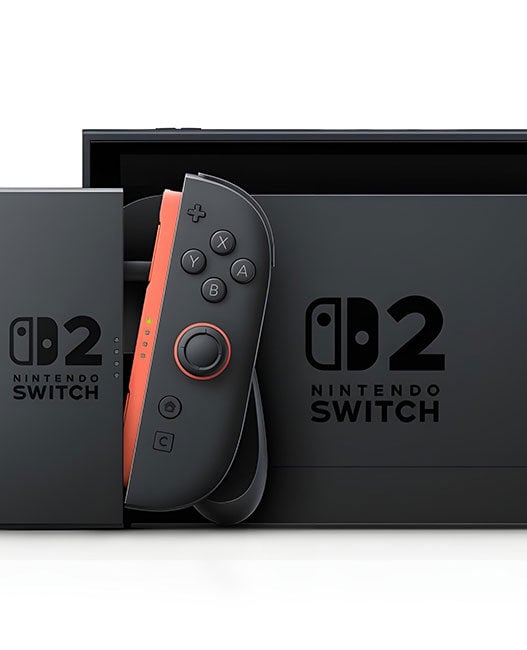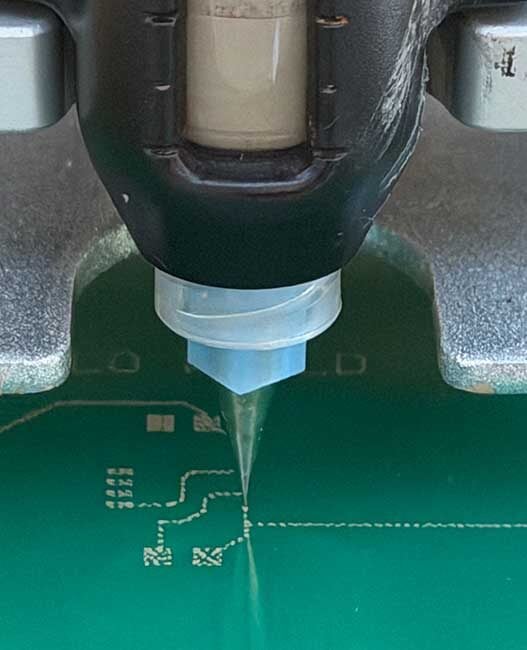The SRG report reveals significant performance differences in the Assisted GPS receive sensitivity of leading smartphones. The report also highlights the incremental benefits of a multi-GNSS approach, using signals from the Russian GLONASS satellite system in conjunction with A-GPS, when obtaining a location fix.
“Although we expected some performance differences in over-the-air testing of commercially-purchased smartphones from leading suppliers, we had no anticipation that the performance differences would be so dramatic,” commented Michael Thelander, CEO of Signals Research Group. “We observed that the receive sensitivity of the two best performing models, from Samsung and Nokia, was better than the worst performing smartphone model that we tested by a factor of 15. One of the biggest surprises was how dramatically the introduction of a phone case, which is clearly an accessory chosen by a high proportion of users, can impact the A-GPS performance of a smartphone.”
Using the Spirent solution in a lab-based testing approach that leveraged industry-accepted test criteria established by the CTIA and 3GPP, SRG collected and analyzed performance results of ten different device/chipset configurations from five A-GNSS chipset companies: Broadcom, CSR, Qualcomm, ST-Ericsson and Texas Instruments. The tests involved conducted testing of vendor-supplied A-GPS and GLONASS platforms to determine their receive sensitivity and their ability to obtain an accurate location fix in a challenging dense urban environment, first using A-GPS alone, then taking advantage of both A-GPS and GLONASS functionality. Additionally, testing using the latest over-the-air test methodologies was carried out in an anechoic chamber, were used to give the most complete picture of the performance of smartphones from HTC, Samsung, Nokia, and Sony.
Based on the performance criteria that were used to conduct the analysis, the report indicates that the performance of today’s A-GNSS chipset platforms is largely comparable. Further, the study found that the introduction of multi-GNSS capabilities can significantly improve the overall performance of the platform versus A-GPS alone with respect to its ability to obtain an accurate fix in a timely manner.
However, a key finding in the report is that the overall performance consistency of A-GNSS platforms does not extend to their commercial implementations in leading smartphone models. In addition to the significant inherent location performance differences in the smartphones that were tested, the results indicate that in at least one instance, the introduction of a commercially-obtained protective case reduced the A-GPS receive sensitivity by a factor of more than 6 (8.2 dB).
“Without question, these results should be a wake-up call to the industry on the need for better validation of handset performance. Mobile operators need to take into consideration the range of possible mobile device configurations that will be used in their networks,” added Thelander. “Given the market opportunity of location-based services and the stringent requirements of the E-911 mandate, it is important that poor-performing mobile devices are identified prior to commercial introduction. It’s also clear that the industry needs to consider how to account for the role of handset accessories, since we’ve shown that these can materially influence location performance.”
This recent round of tests marks the seventh time that SRG and Spirent have collaborated on chipset performance testing and the first time that they have collaborated on testing A-GPS/GLONASS. Previous benchmark studies, which also leveraged Spirent test equipment, focused on the data performance capabilities of HSPA+ and LTE baseband chipsets.
A complete analysis of the A-GNSS performance benchmark study is contained in SRG’s latest report. A Preview of the report can be viewed here.













